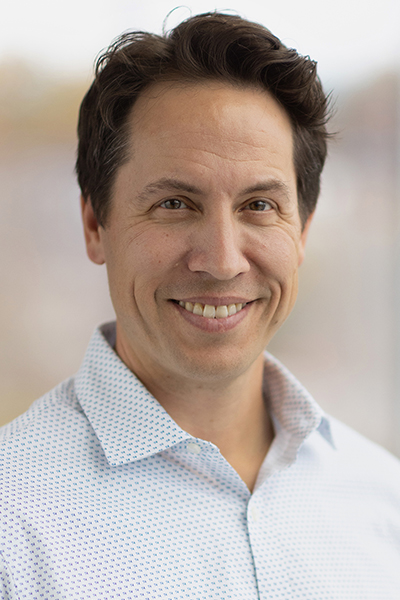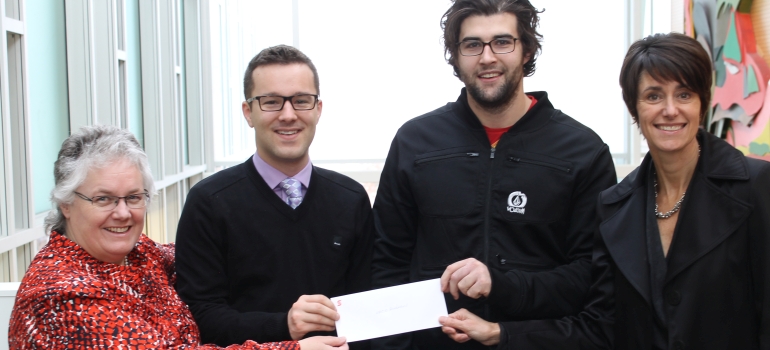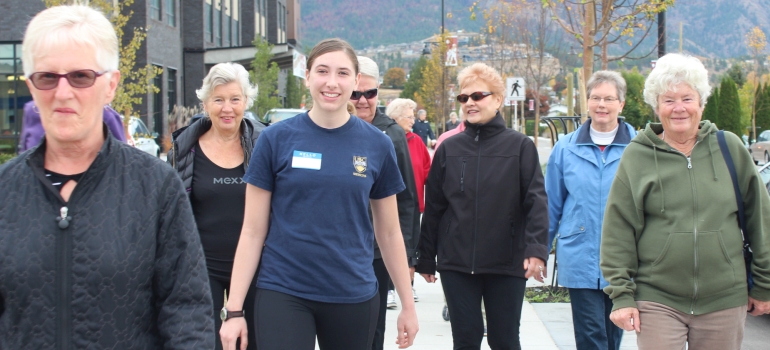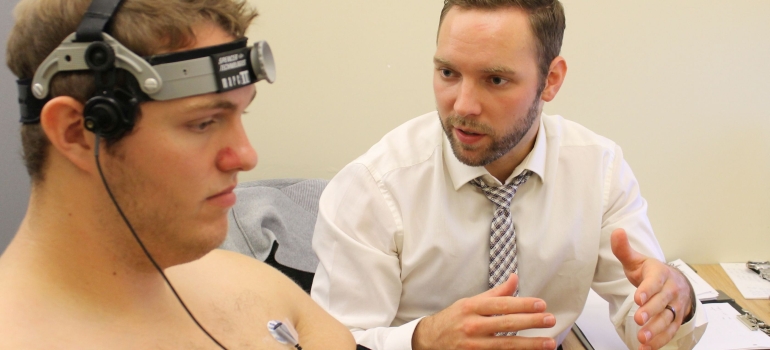Q & As with some of the new students from the class of SMP 2018
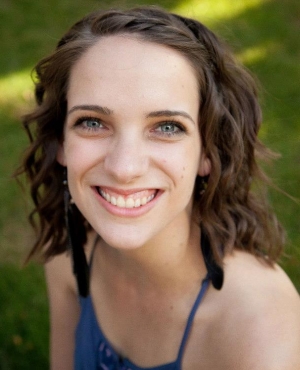 Name: Angie Maccan
Name: Angie Maccan
Year: 2018
Hometown: Chilliwack
What sparked your interest in pursuing a career in medicine?
I had Medicine on my mind since I was a child, so it’s hard to say what exactly it was that drew me to the profession. I think part of it had to do with a Fischer-Price doctors kit I used to carry around everywhere with me. Of course, as I got older, I knew I wanted to do something that involved helping people and I loved learning about biology and physiology, so medicine seemed like a natural fit.
What excites you the most about your site location?
I love that the Southern Medical Program is small. I come from a small university, so one of the things I really wanted to retain in med school was having a small class size and a tight-knit community of peers. I feel like the SMP offers that to me, while still being nearer to home than some of the other distributed sites.
Where do you see yourself in five years?
I’ll probably still be in residency in five years and, to be honest, I’m not sure at this point which residency I hope to be in – maybe internal medicine or paediatrics. I do know that I would love to travel a lot, and if I can find a specialty that opens doors to travel, that’s where I’ll be!
Scrubs or suit? Both? Probably scrubs more though.
Stay in or go out? Stay in.
Mac or PC? Mac
Cook or take out? Take out.
 Name: Carson Gill
Name: Carson Gill
Year: 2018
Hometown: Kelowna
What sparked your interest in pursuing a career in medicine?
I was a late bloomer, and only after starting medical school am I now absolutely sure that there is nothing else I could see myself doing. I love a challenge and the idea of being a lifelong learner, and more importantly the ongoing opportunity to make a real difference in people’s lives.
What excites you the most about your site location?
I grew up in the Okanagan, but moved away to attend university in the US and lower mainland after graduating high school. I am extremely happy to be returning to my hometown to pursue a career in medicine with my family (especially my little nephew!) and a fantastic group of colleagues at my side!
Where do you see yourself in five years?
Hopefully in my first year of residency (perhaps in family medicine) and loving every minute of it!
Scrubs or Suit? Scrubs
Stay in or Go Out? Go out
Mac or PC? PC
Cook or Take Out? Take out
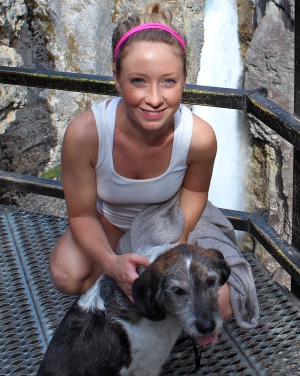 Name: Quinn Harris
Name: Quinn Harris
Year: 2018
Hometown: Kamloops, BC
What sparked your interest in pursuing a career in medicine?
I never had an “Ah ha” moment where I knew I wanted to pursue medicine, but I believe my passion for health promotion, advocating for others, and working as part of a team has led me down this path. With every clinical visit I know I am where I should be and I couldn’t be more excited for my future career.
What excites you the most about your site location?
Just about everything! Particularly the small class size, supportive staff, beautiful area and short drive to my hometown.
Where do you see yourself in five years?
Hopefully I’ve made it through medical school and am starting a residency program within BC – and finally have my own dog.
Scrubs or Suit? Scrubs
Stay in or Go Out? Go out
Mac or PC? Mac
Cook or Take Out? Cook
